Negotiators in Paris press on in bid to pause Israel-Hamas fighting
Wide gaps still remain between the two sides, posing a challenge to American and Arab negotiating teams.
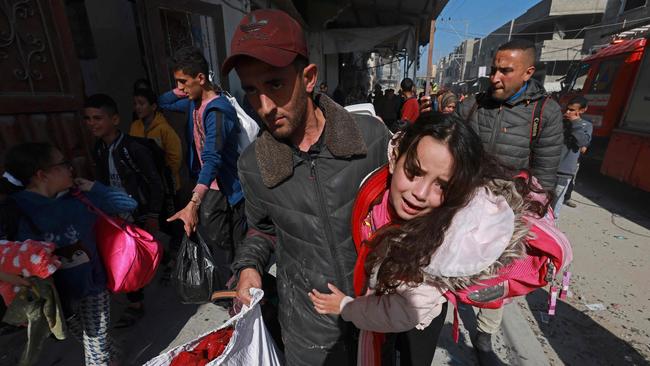
American and Arab officials are intensifying efforts to narrow the gaps between Israel and Hamas in a deal to pause the fighting in Gaza and free Israeli hostages, Egyptian officials said, after a crucial meeting in Paris helped revive stalled negotiations.
The mediators’ main challenge is to produce an agreement convincing Hamas that a permanent cease-fire is eventually possible at the end of a humanitarian pause, while allowing Israel to avoid any such commitment, the officials said.
Central Intelligence Agency Director William Burns met Egyptian intelligence chief Abbas Kamel, Qatari Prime Minister Sheikh Mohammed bin Abdulrahman al-Thani and Mossad chief David Barnea in Paris on Friday after weeks of stalemate. Burns was instrumental in securing a weeklong cease-fire in November that freed more than 100 Israeli hostages in exchange for several hundred Palestinian prisoners and a brief pause in fighting.
The latest meeting came after Israeli officials said there was a chance of progress in the talks. Hamas also had indicated to Egyptian officials it could be flexible in its demands for the release of more Palestinian prisoners in return for Israeli hostages.
Further talks between the teams will continue in the coming week as mediators race to reach a deal that would help avert an imminent Israeli ground operation in Rafah, the city in the southern Gaza Strip where more than a million displaced Palestinian civilians are sheltering. Israeli officials have set a deadline of the start of the Islamic holy month of Ramadan, around March 10, for Hamas to release hostages the group seized during the Oct. 7 attacks that killed some 1,200 people, according to Israeli authorities.
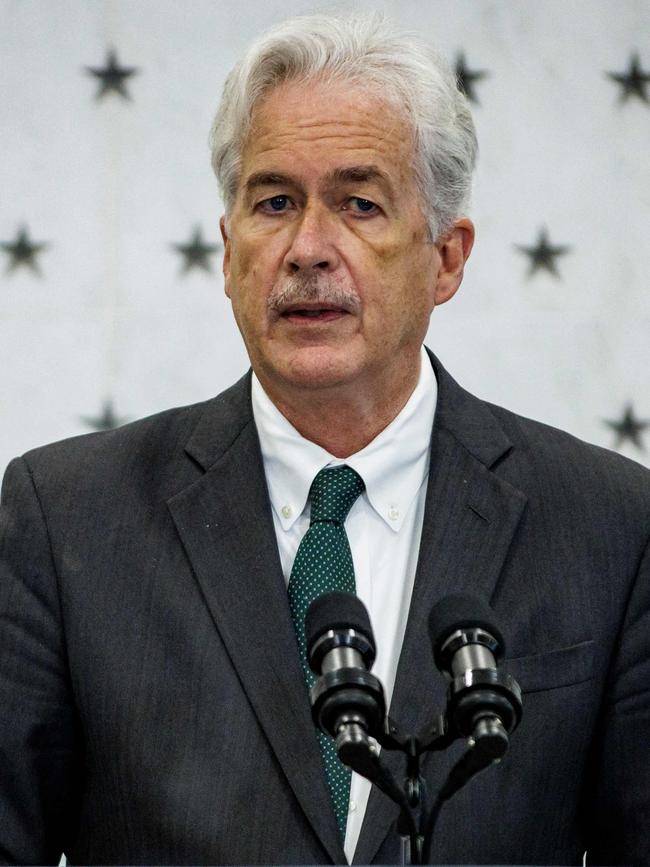
Western leaders, including President Biden, are pressing Israel not to invade Rafah because of concerns over how it could worsen the already dire humanitarian situation in the enclave. More than 29,000 Palestinians have been killed since Israel began its offensive, according to Palestinian health authorities, the majority of them women and children. The numbers don’t distinguish between civilians and combatants.
In a call with Biden, French President Emmanuel Macron reiterated his opposition to a Rafah invasion. “The two leaders agreed on the importance of an agreement being reached without delay,” the French president’s office said.
Israeli Prime Minister Benjamin Netanyahu on Saturday said he would convene his cabinet this week to discuss plans to expand Israel’s ground war into Rafah, including the evacuation of civilians ahead of fighting.
U.S. officials hoped that the Paris meetings would lead to a breakthrough that would bring a sustained pause in fighting and the release of hostages. Officials sought to build upon a formula crafted in Paris last month between Qatari, Egyptian, Israeli and American officials that seeks a six-week cease-fire that could be extended to become a permanent one.
Ramadan, a month of fasting, prayer and reflection for observant Muslims, can also be a time of heightened tensions in Jerusalem as tens of thousands of Palestinians seek access to holy sites that are under tight Israeli security control. In the past, Israeli security forces have clashed with Palestinians in and around Jerusalem’s Al Aqsa Mosque compound. This year’s increased security presence and restrictions on movement for Palestinians, coupled with the war in Gaza, could add to what is already a volatile period.
Mediators in the Paris meeting said Hamas was showing flexibility on how long the pause in fighting should last, the number of Palestinian prisoners to be released in the first phase of the agreement and the gradual withdrawal of Israeli troops from the Gaza Strip.
Hamas was also willing to drop its demand for a permanent cease-fire and instead accept negotiations at a later stage to reach that goal. Hamas, however, remains insistent that the Israeli military withdraw from parts of the strip to allow displaced Palestinians to return to their homes, Egyptian officials said. The group is still demanding the release of those serving long jail sentences in violence-linked cases, while a further release of Israeli hostages during the cease-fire would be dependent on progress in talks toward an end to the war, the officials said.
A Hamas official didn’t respond to a request for comment.
Israeli negotiators have been willing to discuss the duration of the pause and a number of Palestinian prisoners to be released, including those in Israeli prisons on security-linked charges, Egyptian officials said. But they remain hesitant on agreeing to allow residents to return to Gaza’s north or any commitment that guarantees negotiations to end the war. A senior Israeli official said that the parties are still far from closing a deal but that Hamas had softened some of its demands.
Herzi Halevi, Israeli military chief of the general staff, said the release of hostages remains a war objective, and combat is part of what could help achieve that goal. “It’s the leverage we are applying on Hamas,” he said.
Netanyahu on Friday unveiled a blueprint for postwar Gaza that calls for it to be administered by local Palestinian leaders while Israel maintains a heavy security presence. His position is at odds with U.S. proposals, and Palestinians say it is tantamount to Israeli reoccupation of the enclave.
The Biden administration has instead been pushing its own postwar plan. That plan would give a governing role to the Palestinian Authority, which administers parts of the Israeli-occupied West Bank, under fresh leadership. Netanyahu has resisted the idea.
There are signs of growing tensions between Israel and the White House, with the Biden administration increasingly willing to publicly criticise Israeli policies. Biden is facing pressure from within his own party over continued weapons deliveries to Israel and the mounting death toll in Gaza.
Secretary of State Antony Blinken said an Israeli announcement this week that it intends to build new housing in the occupied West Bank “is inconsistent with international law.” It was a shift back to a four-decade-old formulation for the U.S. The Trump administration said in 2020 that it no longer viewed Israeli settlement building in the West Bank as a violation of international law.
The Israeli military continued its ground and air campaign it says is aimed at destroying Hamas, with fighting intensifying in and around Khan Younis and central Gaza, residents and the military said. At least two dozen people were killed in an overnight airstrike Friday on a home in Deir al-Balah, according to the Palestinian Authority’s information agency.
The Wall Street Journal

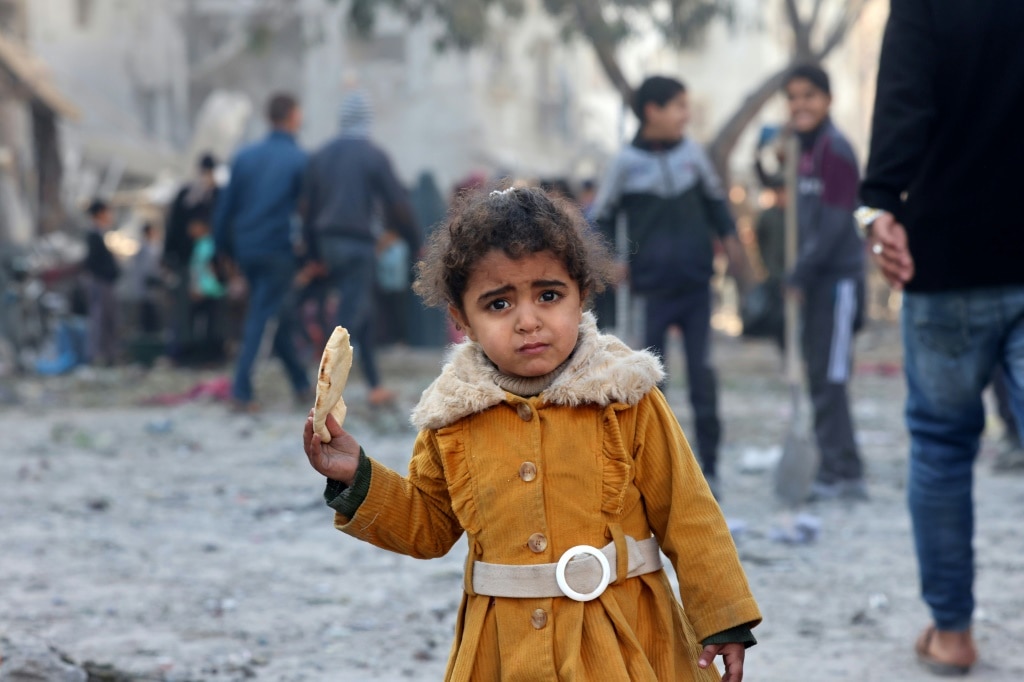
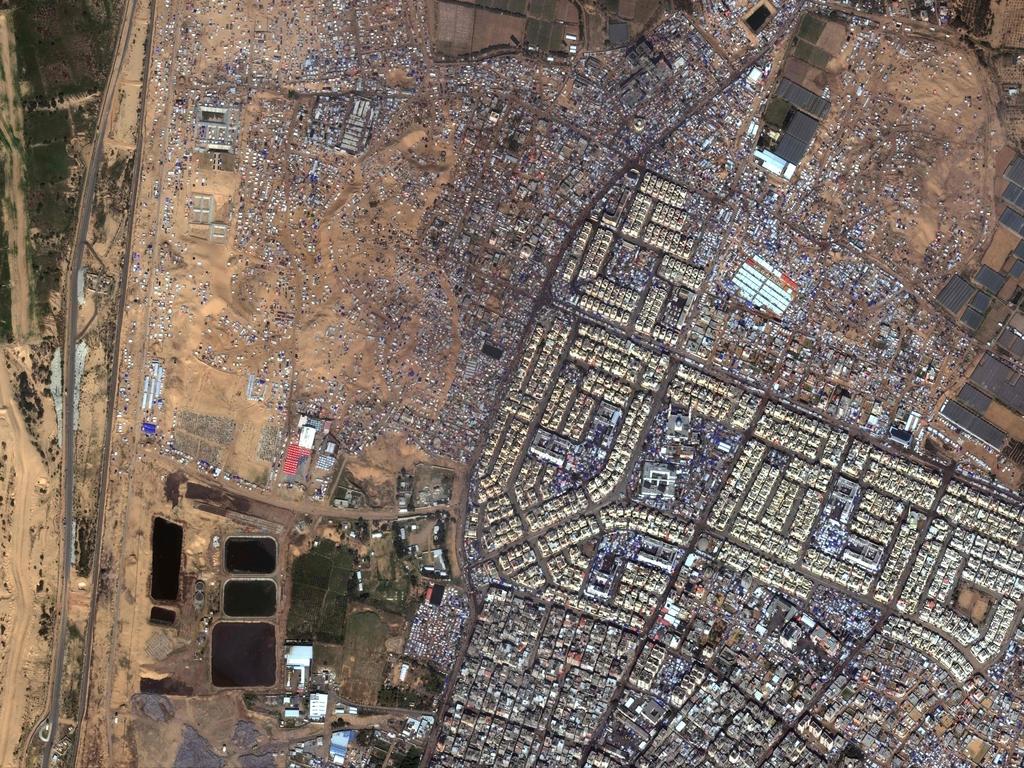
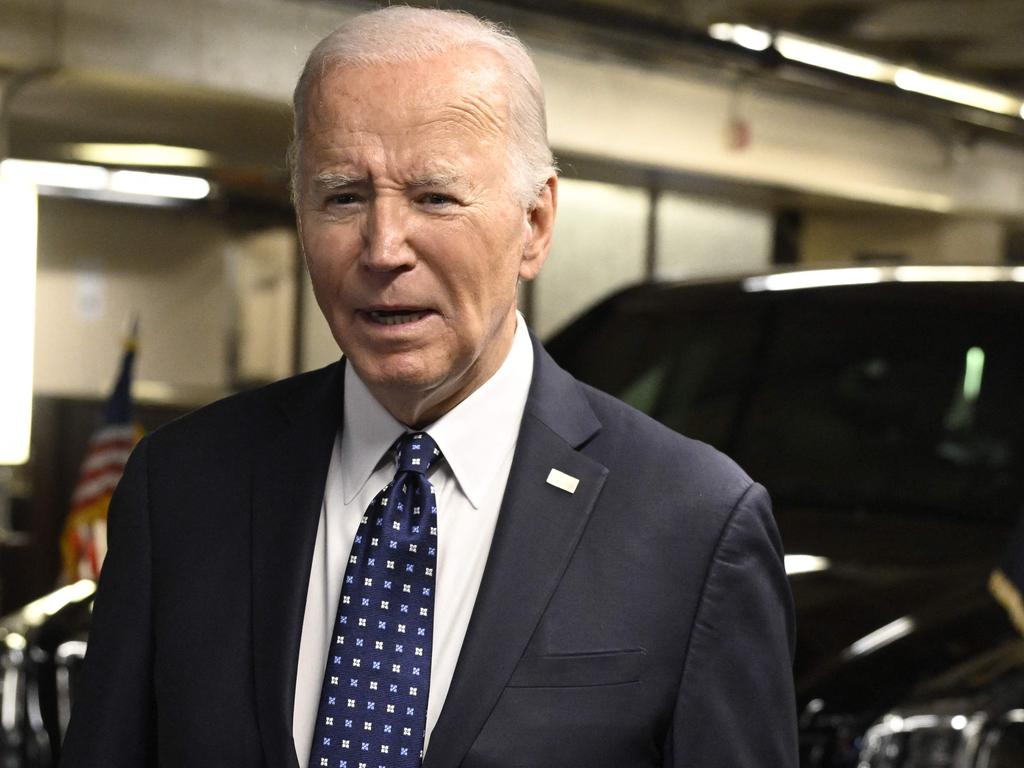


To join the conversation, please log in. Don't have an account? Register
Join the conversation, you are commenting as Logout